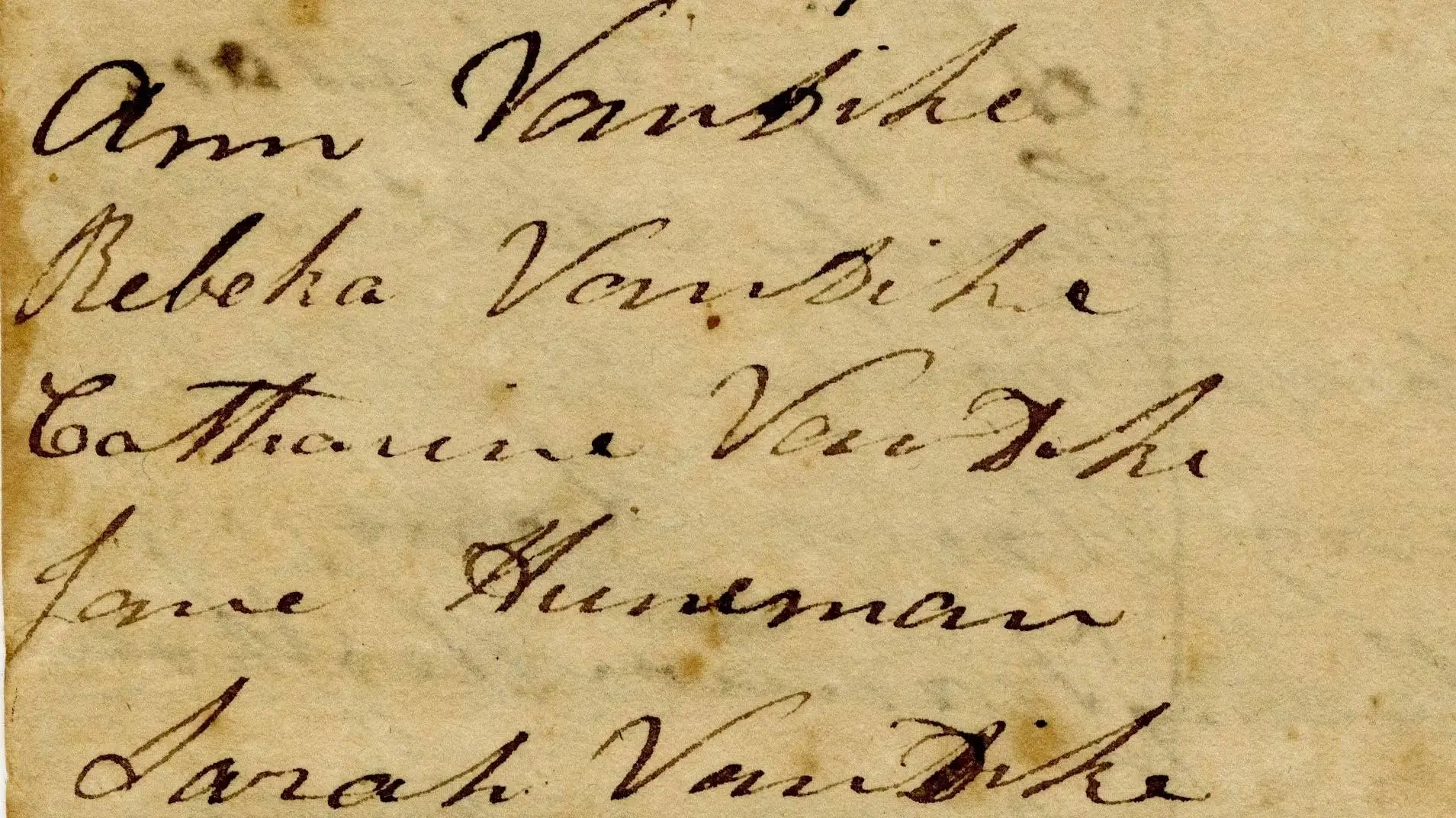Name Change in Oklahoma: What You Need to Know
Changing your name is a personal decision—and in Oklahoma, it’s also a legal process that must be approved by a judge. Whether you’re updating your name after a life event or simply choosing a new one that fits you better, this page explains the steps, rules, and paperwork involved. We’ll walk you through what the court expects, how to get started, and what happens after your name is changed.

Who Can File for a Name Change in Oklahoma?
Not everyone can file for a legal name change in Oklahoma, but the rules are pretty straightforward. You can ask the court to change your name if:
You are an individual (not a business or organization)
You have lived in Oklahoma for at least 30 days
You have lived in the county where you’re filing for at least 30 days
If you’re filing a name change for a child, a parent, legal guardian, or someone acting as a “next friend” can file on their behalf.
🚫 Important:
You cannot file for a name change if you are required to register as a sex offender in Oklahoma. The court will not approve your request.
What Needs to Be in the Petition?
Oklahoma law requires you to file a petition—a written request—asking the judge to legally change your name. The petition must be sworn and signed and needs to include all of the following:
Your current name and address
How long you’ve lived in Oklahoma and in your county
Your date and place of birth
Your birth certificate number and where it’s registered (if known)
The new name you want
A short, honest reason for wanting the change
A statement confirming you’re not doing this to hide from debt, legal problems, or for fraud
Take your time when filling this out. The judge will read it carefully, and it needs to be both complete and truthful.
You’ll need to explain your reason for the name change and swear that you’re not doing it to commit fraud or avoid creditors.
Do I Have to Publish a Notice in the Newspaper?
In most Oklahoma name change cases, yes—you’ll need to publish a legal notice in a newspaper. This is how the public is informed that you’re asking the court to change your name.
Here’s what you need to know:
The notice must appear at least 10 days before your hearing
It must be published in a legal newspaper in the county where you filed
If there’s no such newspaper in your county, it can be published in one that circulates statewide
The notice must include:
Your case number and the name of the case
The date, time, and location of the court hearing
A note saying anyone can file a written protest before the hearing
⚠️ The Court Can Waive This Requirement
The judge can waive the newspaper notice for good cause—such as situations involving domestic violence or personal safety. In those cases, your case might be sealed to protect your privacy.
📌 If your safety is at risk, you can ask the judge to waive the newspaper notice and seal your case. You’ll need to explain your situation in your request.
What Happens at the Hearing?
Once your notice has been published (or waived), the court will schedule a short hearing. This is where the judge decides whether to approve your name change request.
Here’s what to expect:
You’ll go to the courthouse on your scheduled date
You may be asked to swear under oath that everything in your petition is true
The judge will review your information and may ask you a few questions
If the judge believes your request is honest and not meant to avoid legal trouble, commit fraud, or hide from creditors, they will likely approve your name change.
📢 If the Name Change Involves a Minor Child
If the child’s parents are not living together, the other parent must be notified of the hearing. You will need to:
Provide proof of legal notice or service
Show that the other parent had a chance to object before the hearing
The court must be sure both parents are aware before making a decision. If the other parent agrees or doesn’t respond by the hearing date, the case can move forward.
🚫 A judge may deny your request if:
You lie in your petition
You’re trying to avoid creditors or legal problems
You fail to notify the other parent of a minor child
If the name change involves a child and the parents are separated, the other parent must be legally notified and given the chance to respond.
What Happens After My Name Is Changed?
If the judge approves your request, you’ll receive a signed court order called a judgment. This order makes your name change official under Oklahoma law. The judgment will briefly explain the facts of your case and confirm your new legal name.
You can use a certified copy of this order to update your name on all your important records. These may include:
Social Security card
Driver’s license or state ID
Birth certificate (in some cases)
Passport
Bank accounts, credit cards, and insurance
School, employment, and medical records
If needed, you can file the certified order with other agencies or offices to prove your name has been legally changed.
Once your name change is approved, get a few certified copies of the court order. You’ll need them to update your ID, bank accounts, and other records.
Can I Get in Trouble for Misusing a Name Change?
Yes. Changing your name is a legal process, and misusing it can lead to criminal charges. If you lie in your petition or use your new name to commit fraud, you could be charged with a misdemeanor under Oklahoma law.
You could face legal trouble if you:
Intentionally lie in your petition to get the name change
Use your new name to avoid debt, hide from the law, or commit fraud
Let someone else use your name change order for illegal reasons
The court takes this seriously. A name change is meant to help you move forward—not escape accountability.
Using a name change to commit fraud or hide from creditors is illegal in Oklahoma and could result in a criminal charge.
Are There Other Ways to Legally Change Your Name in Oklahoma?
Yes. You don’t always have to file a separate name change case. Oklahoma law allows names to be legally changed as part of other court proceedings.
You can change your name without a separate petition if:
You’re getting married and take your spouse’s last name
You’re getting divorced and request to go back to your former name in the divorce decree
You’re being adopted, or adopting a child, and the new name is included in the adoption order
In those cases, your name change is handled through that process. You’ll still receive a court order showing your new legal name, but you don’t have to file a separate name change petition.
If none of those situations apply, and you just want to change your name for personal reasons, you’ll need to go through the steps listed on this page.
Marriage, divorce, and adoption are all legal ways to change your name in Oklahoma—no extra petition required.
What If I Need Help With the Process?
The name change process in Oklahoma is straightforward—but it does involve paperwork, deadlines, and sometimes notice requirements. If you’re not sure where to start or want help making sure everything is done right, you’re not alone.
At Hometown Legal Forms, we offer:
DIY name change forms written just for Oklahoma residents
Personalized document prep, where we complete the forms for you and guide you step by step
One-on-one consultations if you just want to ask questions and get clarity before you begin
You can handle this process on your own—but you don’t have to do it alone.
Whether you just need the right forms or a little extra help, we’re here to walk you through it.

